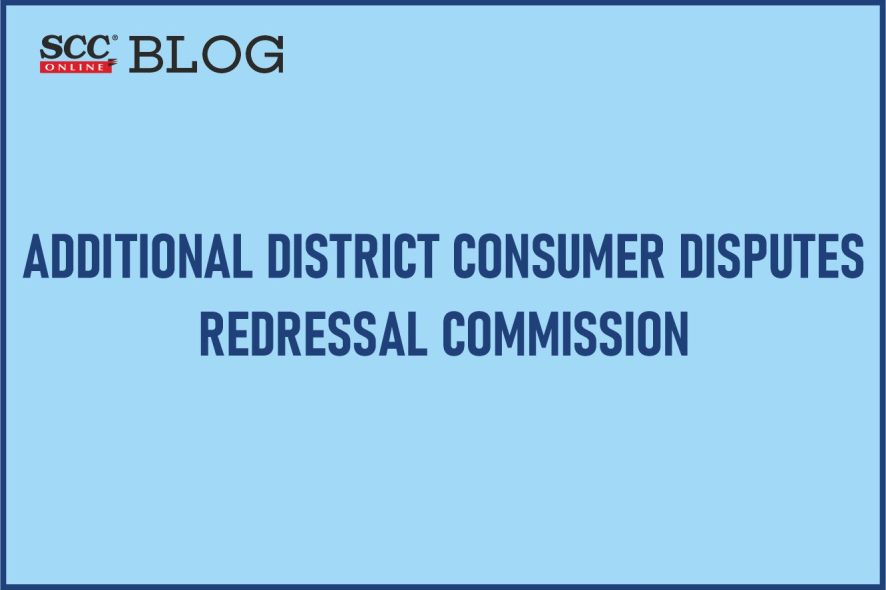Additional District Consumer Disputes Redressal Commission, Thane: In a significant decision delivered in August over a complaint alleging deficiency of service on part of Uber India Systems, the Bench of R.P. Nagre (President-in-Charge), G.M. Kapse and S.A. Petkar (Members) held that Uber India is liable for providing deficient services on behalf of the cab driver in the instant case, whose negligence caused the complainant to miss her flight to Chennai. It was further held that Uber India’s liability was caused as the driver was acting as an agent of the Company while receiving the consideration i.e., the cab fare.
Facts of the Case: The complainant, who is an advocate by profession, needs to travel frequently out of Mumbai. On 12-06-2018, the complainant had to fly from Mumbai to Chennai to attend an important meeting; so, in order to get to the airport, she booked a cab via Uber Apps. The Flight was to depart at 5:50 pm and the cab was booked around 3:29 pm. The distance between the complainant’s house and the airport was about 36 Kms and it would have taken at least 1 hour to reach the destination considering the traffic.
The booking was confirmed and a cab was allotted for the trip. However, the complainant started facing difficulties as the cab driver arrived with a considerable delay; the driver did not pay any heed to start the car towards the airport and he only started the car after finishing a telephonic conversation, thereby delaying the trip. Furthermore, the cab driver took a different route than the one shown in the GPS and took the cab in a remote locality to fill the CNG and thus wasted 15-20 minutes. Finally, the complainant reached the airport at 5:23 pm, but she unfortunately missed her scheduled flight and had to take the next available flight at her own expenses. Furthermore, the billing fare of Rs. 709 was higher as compared to the estimated fare of Rs. 563 as shown at the time of booking.
After returning from Chennai, the complainant raised her grievance from her Twitter ID with no response from Uber. However, later on Uber upon admitting its negligence, refunded the fare differences from the actual fare which was estimated to Rs. 139, and the same was transferred to the complainant’s Uber account.
Contentions of the Complainant: The complainant stated that due to the cab driver’s unprofessional conduct and deliberated negligence, she missed her flight and suffered a great deal of mental agony, monetary loss, harassment. She also contended that the entire ordeal has affected her profession adversely, which is why Uber is liable to pay her monetary compensation and tender an unconditional apology.
It was further pointed out that the Uber app showed the distance between the complainant’s house and the airport to be of 46 Kms, when in reality the distance is 36 kms. It was alleged that Uber’s non-transparent functions and its driver had caused a great deal of loss to the complainant.
The complainant relied on Uber BV v. Aslam, [2021] UKSC 5, wherein the Supreme Court of United Kingdom had held that transportation service performed by drivers and offered to passengers through the Uber app is very tightly defined and controlled by Uber.
Contentions by Uber: Per contra, Uber argued that Uber India acts as an aggregator for transportation services, therefore, they are not responsible for the default of the driver, as Uber’s role is restricted to only facilitating between the driver-partner and the customer. They also contended that drivers using Uber App also work as independent third-party contractors, and thus it is the drivers who are responsible for any default and not Uber.
Uber further argued their terms and conditions were agreed upon by the complainant at the time of signing up with Uber Apps and the same constitutes an electronic form of contract recognised under Information and Technology Act, 2000. It was also pointed out that Uber had already resolved the complainant’s grievance by refunding Rs. 139.
Observations: The Bench upon perusing the facts and contentions, made the following observations—
-
It was observed Uber has control over the App which is used by consumers to book transportation for their needs.
-
It was further observed that when a passenger sends their request, Uber arranges, schedules transportation and logistics services with independent third-party providers. It was also noted that opposite party reserves rights to make supplementary terms in connection with services. Uber also facilitates payments and the applicable charges are collected by the driver on behalf of Uber India as an agent.
Decision:
-
The Commission noted that the afore-stated observations make it clear that Uber India manages and controls transactions and services provided by Uber App. Since the complainant had taken the services of Uber India by using the Uber App and paid the consideration as charged by Uber App and not to the driver who in turn was appointed by Uber India to provide service; therefore, the it was proved that the driver was appointed and managed by Uber India, which also makes the complainant Uber India’s consumer with the driver acting as an agent and receiving the consideration (cab fare). Thus, Uber India is liable for deficient services and compensation.
-
Considering the mental agony faced by the complainant due to the delay caused by the driver’s negligence, the Commission directed Uber India to pay compensation of Rs. 10,000 and the expenses of complainant which also amounts to Rs. 10,000.
[Kavita S. Sharma v. Uber India Systems Pvt. Ltd., Consumer Complaint No. 61, decided on 25-08-2022]
Advocates who appeared in this case :
Complainant- Ashish Verma and Vaibhav Yelmane, Advocates;
Opposite Party- Peeush Sharma, Shaurya Tomar and Tushar Bendale.
*Sucheta Sarkar, Editorial Assistant has prepared this brief.







